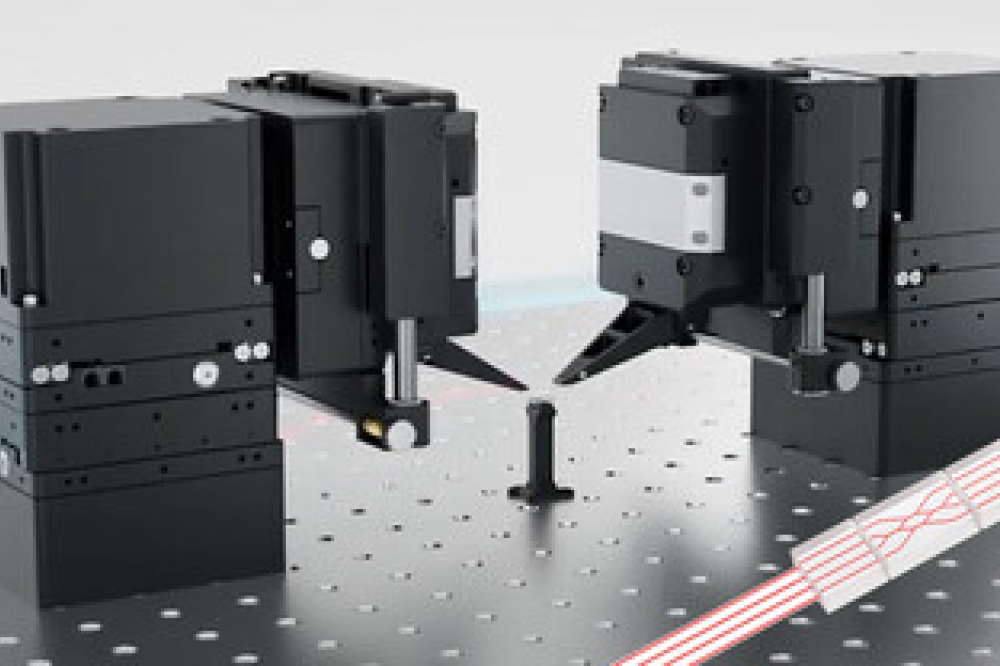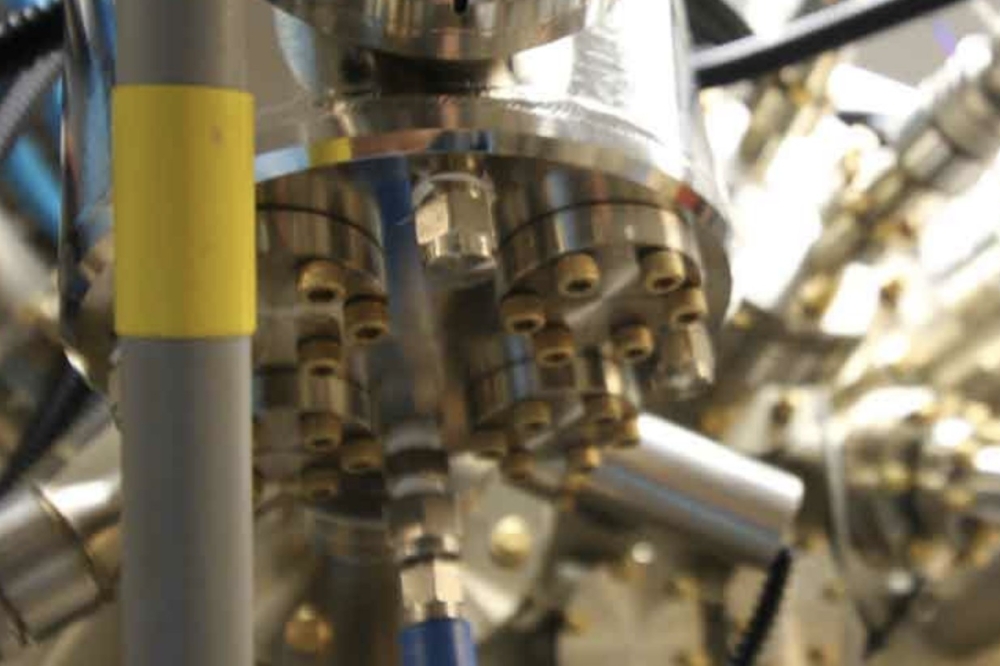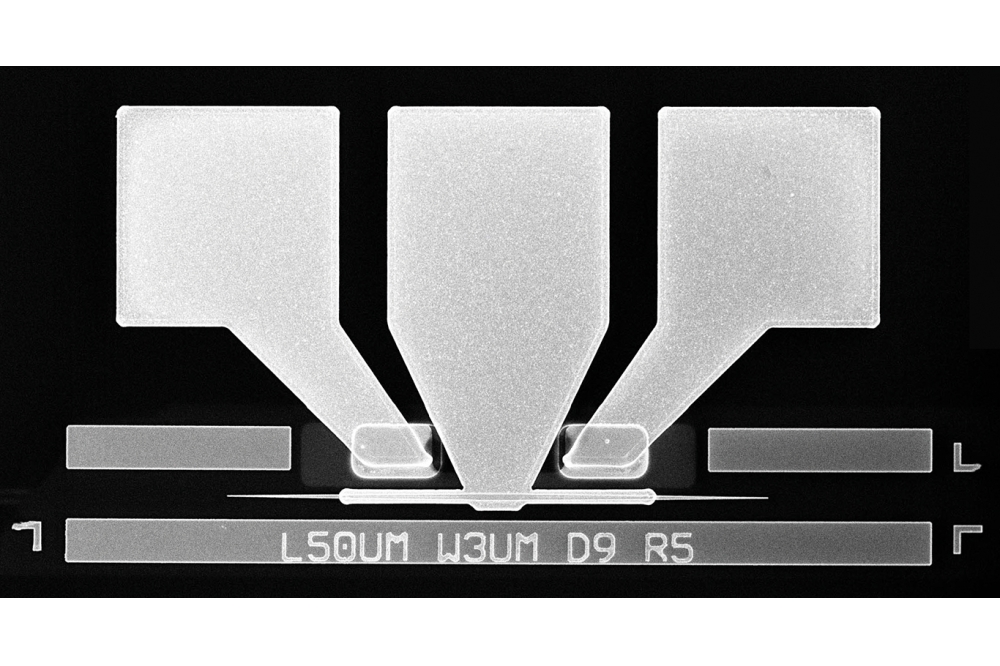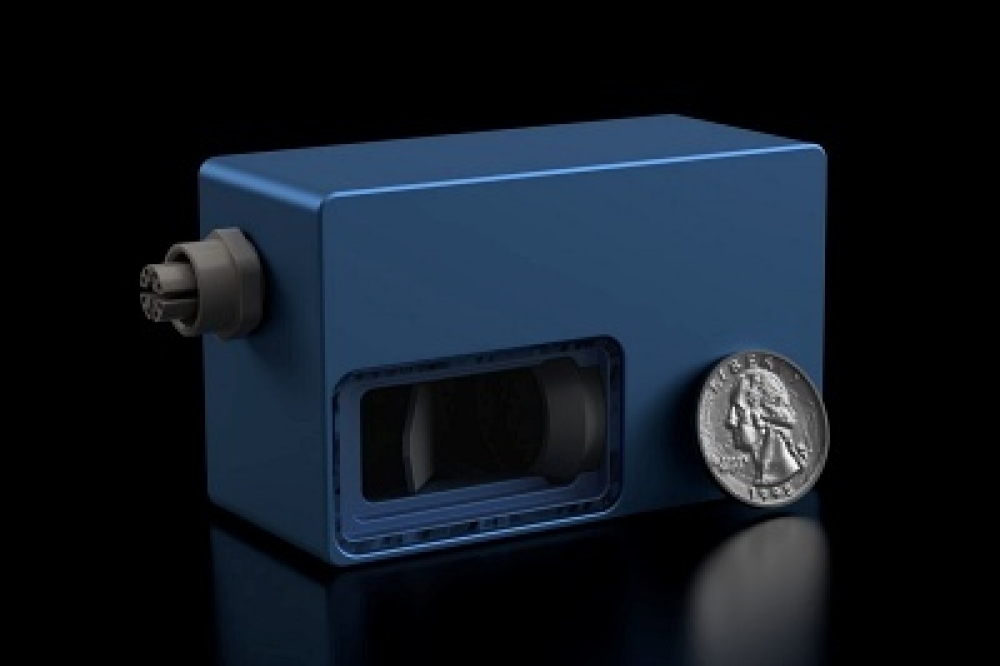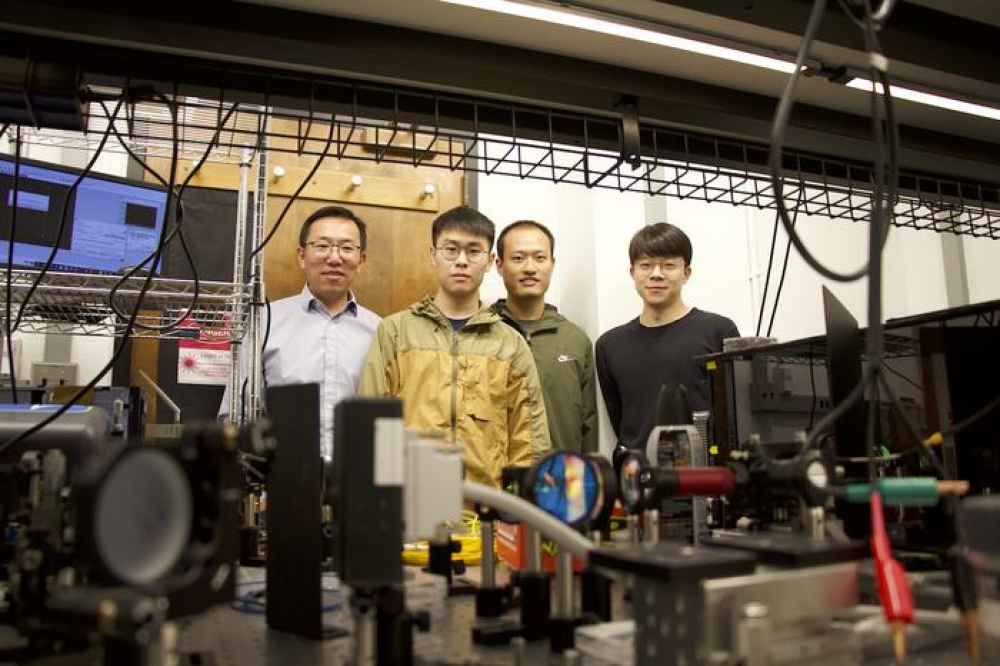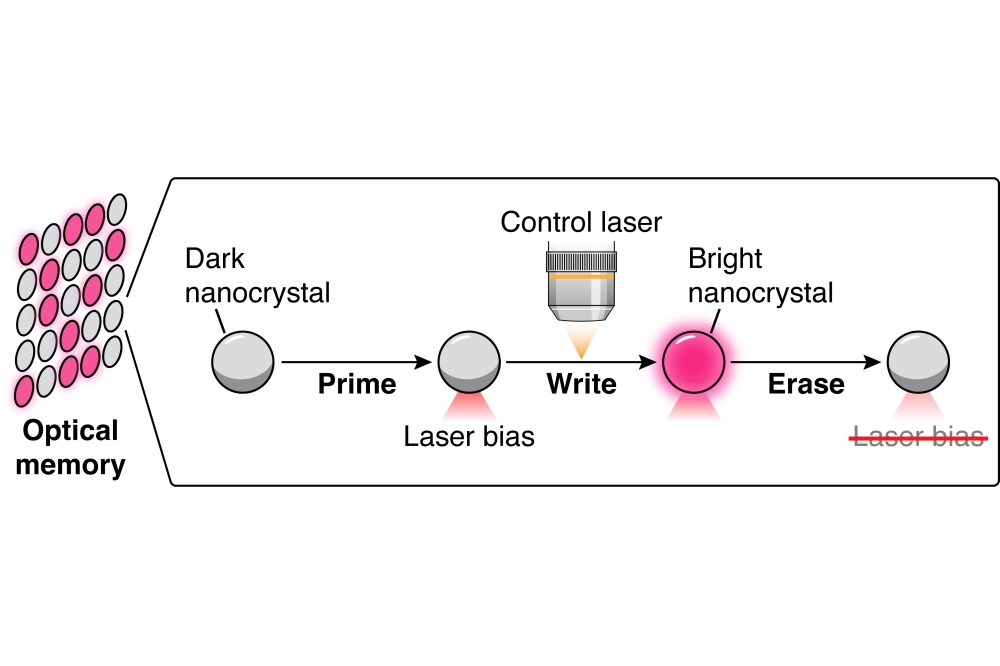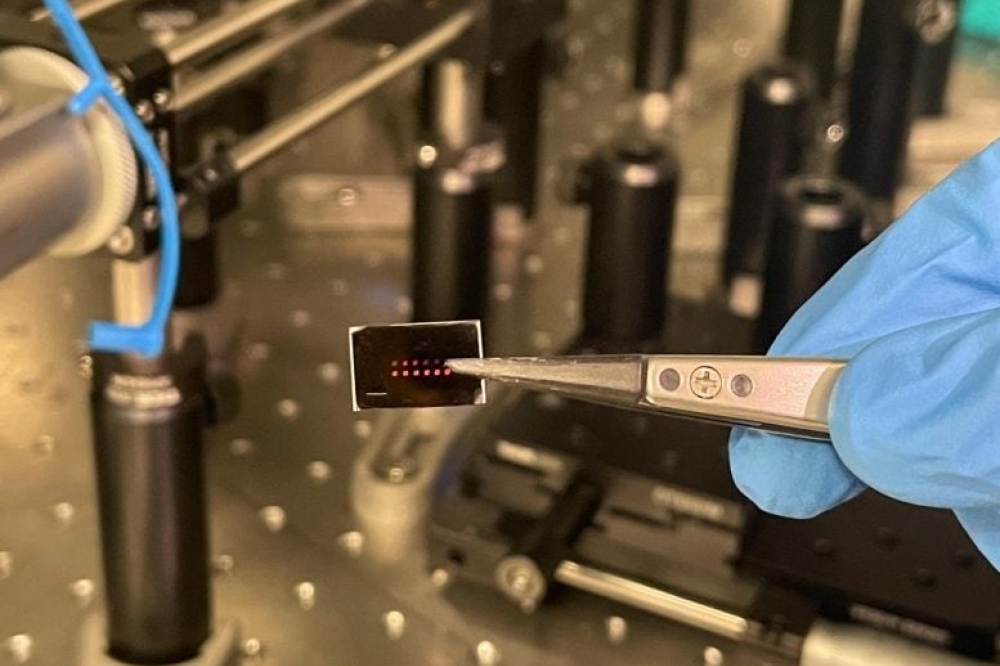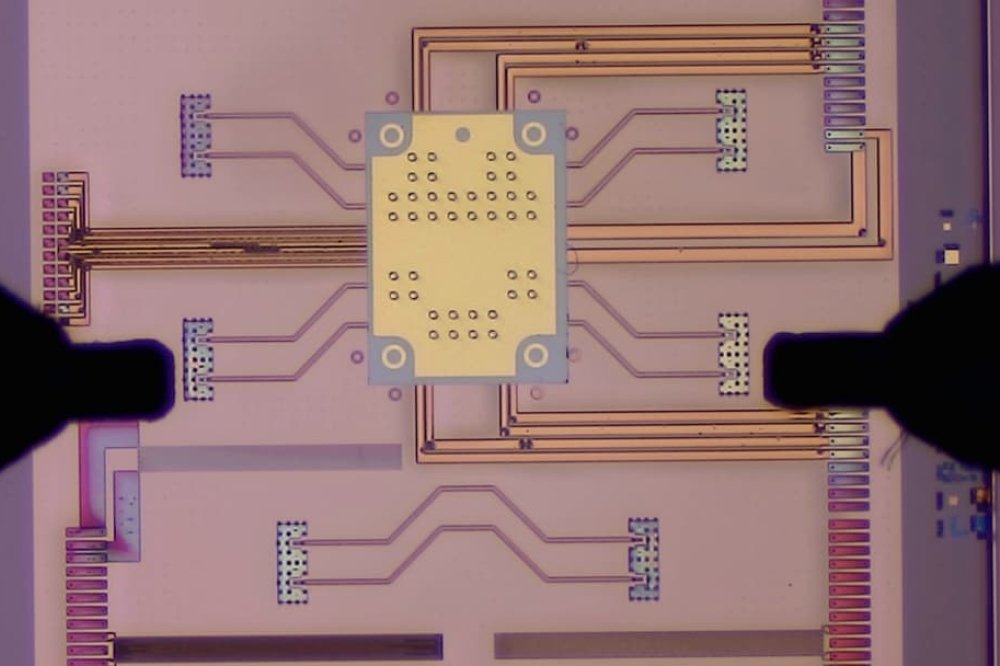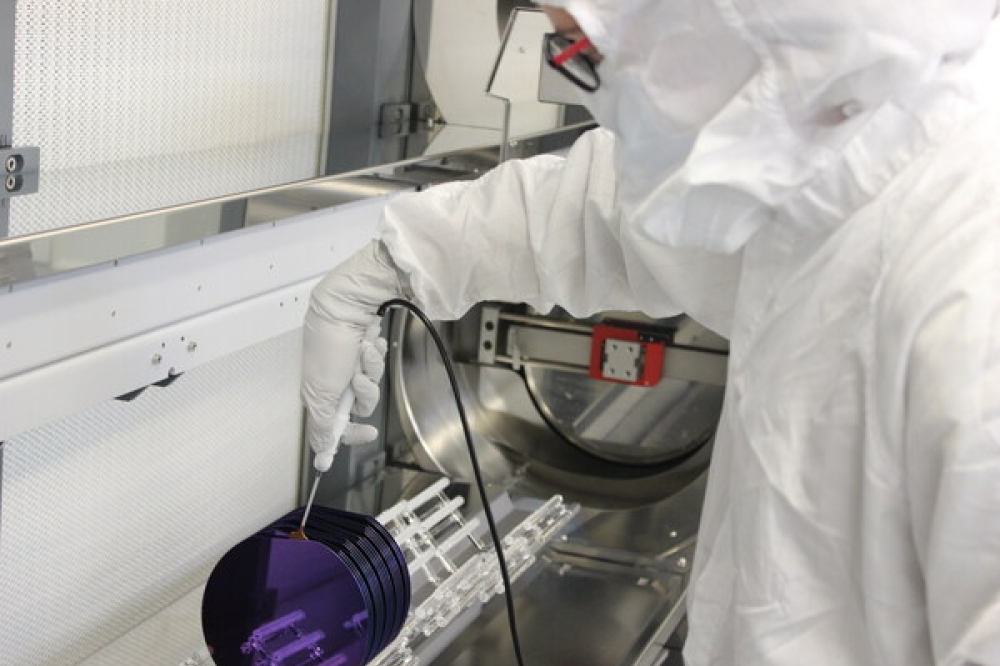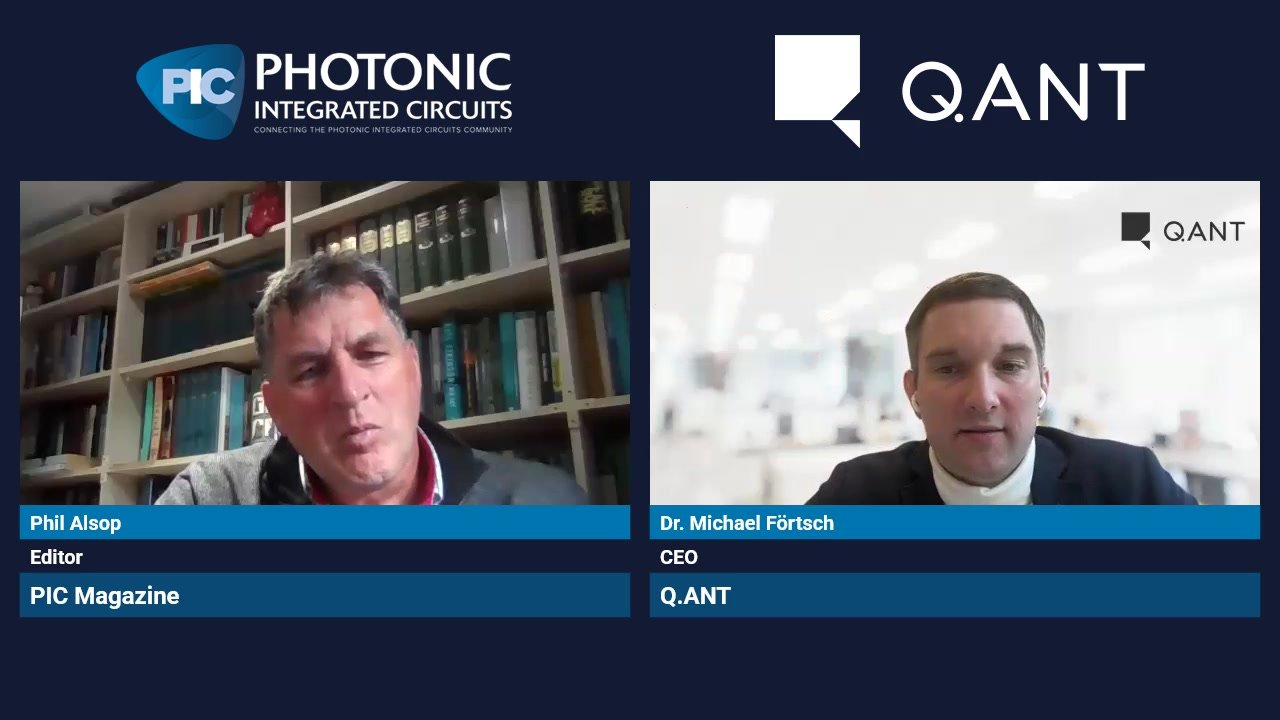PhotonDelta opens US office in Silicon Valley

The Dutch photonic chip accelerator hopes to build a unified PIC ecosystem, combining the different technology strengths of Europe and America
Dutch photonic chip accelerator PhotonDelta has announced the opening of a new office in North America. The move is part of the organisation’s goal to grow the photonic chip industry by promoting collaboration between European and North American organisations working on this emerging key enabling technology.
Photonic chips enable the creation of advanced semiconductors leading to smaller, faster, and more energy-efficient devices. Crucially, they can overcome the limitations of traditional semiconductor technology, a fundamental requirement to accelerate innovation for the continued development of AI in a sustainable manner.
Besides the usage of PIC technology in datacentres for enhanced performance and reduced energy consumption, integrated photonics also holds enormous opportunities for quantum computing and sensing solutions for new applications in healthcare, agriculture, and automotive.
To drive this innovation, PhotonDelta secured $1.2 billion to run numerous R&D programmes, lead international roadmapping activities and invest in pioneering startups that apply PIC technology. Over the last five years, PhotonDelta has raised over $500 million for companies such as SMART Photonics, EFFECT Photonics, PHIX Photonics Assembly, Astrapé Networks, MantiSpectra, Surfix Diagnostics, Delta Life Science, Scantinel Photonics, Amazec, and more.
Combining American and European photonic technology
PhotonDelta believes a unified photonic chip industry is essential to fulfilling its potential and contributing to solving the challenges the semiconductor industry is facing. This is because Europe and America have key strengths in complementary integrated photonic chip technologies.
According to PhotonDelta, the Netherlands is home to the largest concentration of photonic chip technology organisations in the world, and is a leader in the development of indium phosphide and silicon nitride-based photonic chips. The US is paving the way in silicon photonics as it benefits from its extensive infrastructure and greater scale of production due to its compatibility with traditional semiconductor manufacturing.
Silicon photonics needs indium phosphide to function, as one cannot integrate active components on silicon. Silicon nitride, in turn, is particularly useful for sensing applications and quantum computers, as it benefits from extreme low-loss characteristics. In short, depending on the application, a combination of different platforms is needed to unlock the optimal functionalities and characteristics.
PhotonDelta North American Hub
Based in Silicon Valley, PhotonDelta says its new hub will bring the Netherlands’ world-class photonic chip capabilities to North American organisations. The PhotonDelta ecosystem currently covers over 70 different organisations that form a complete value chain, including design services, multiple foundries for photonic chip fabrication, packaging, assembly and testing, and an increasing number of fabless companies that use PIC technology for innovative solutions.
“We want to tap into the North American market and partner with industry leaders to help accelerate this key enabling technology,” said Jorn Smeets, managing director North America at PhotonDelta. “As we stimulate the internationalisation of our value chain, we need to leverage each other’s strengths and bring our know-how, operations and funding to North America.”



